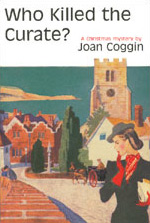This is a pleasant, luscious historical novel set in 1880’s London with a slightly unbelievable, though enjoyable, heroine. Emily Ashton, the recently bereaved widow of the fabulously wealthy Viscount Ashton, has at last achieved independence from her parents as well as financial independence; the bad news is, she’s trapped in the confines of Victorian mourning for two years. Emily is mourning a husband she barely knew, and the constraints of wearing black and keeping away from society might really drive her crazy if she hadn’t stumbled into her husband’s love of Greek culture – both its sculpture and its poetry. As Emily applies herself to learn Greek after discovering the poetic joys of The Iliad in translation, she becomes more and more drawn into the world of her dead husband. She had known him mainly as a hunter, but when she finds his journals and discovers his matching passion for Homer (and the eternal question, which man is more to be admired, Hector or Achilles?) she begins to not only understand her dead husband, but to fall in love with him as well. Philip, Viscount Ashton, had died of a fever while hunting in Africa; crawling out the woodwork are two of his closest friends, the dashing Colin Hargreaves, and the more socially acceptable, though impoverished, Andrew Palmer. Emily is drawn to both men, but independent enough – and by the middle of the novel, genuinely grieving her husband enough – to hold them both at arm’s length. read more


